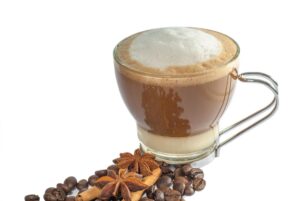
How to prepare a bombon coffee?
The café bombón is a sweet sensory experience and is traditional in the Spanish Levante region. This is the result of mixing the intense flavour of
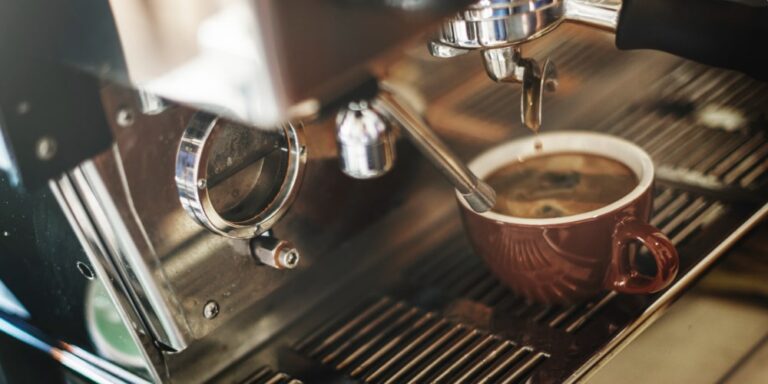
Some people may think this is a stupid question, but it’s not. Have you ever wondered whether decaffeinated coffee has caffeine? If so, read on to find out all the secrets!
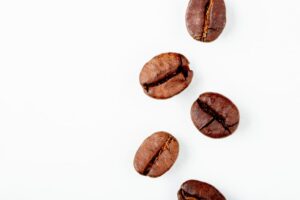
Caffeine is a chemical substance that has a stimulating effect on our central nervous system and can be found in the coffee plant, both in the leaves and in the seeds.
Some people prefer to enjoy the taste and aroma of a cup of coffee but without the stimulating effect it has, which is why decaffeinated coffees were created. But does it really remove all the caffeine it contains? Let’s not beat around the bush, decaffeinated coffee does have caffeine.
The truth is that the methods currently used remove 97% of the caffeine contained in coffee, so we cannot claim that it is 100% decaffeinated. In fact, there are laws that apply to the labelling of this type of product, in order to maintain a standard of quality.
For this reason, don’t get hung up on the amount of caffeine that decaffeinated coffee contains, as in fact an ounce of dark chocolate can contain from 5 to 25mg of caffeine, which is higher than that of decaffeinated coffee.
The truth is that we cannot say exactly how much caffeine is in a coffee, nor can we say how much is in a decaffeinated coffee. However, we can explain what the amount of caffeine in a coffee depends on.
First of all we must take into account the type of coffee variety: arabica or robusta, the process used to remove the caffeine from the bean and the type of preparation of the coffee. Coffees decaffeinated with CO2 or water have less caffeine than those decaffeinated with methylene chloride or ethyl acetate. Arabica beans have less caffeine than non-robusta beans. A filtered decaf will have less caffeine than in an espresso machine.
Taking all these factors into account, we can say in a very generic way that about 150 ml of decaffeinated coffee can contain about 3 mg of caffeine. This is very little when you consider that typically, a 60 ml espresso contains about 80 mg, i.e. almost 30 times as much.
In conclusion, we do not believe that the 3 mg of caffeine that a decaffeinated coffee may contain is a cause for concern. There are many other foods that contain caffeine or stimulants such as tea, cocoa, soft drinks, mate, energy drinks, etc.
If you are a coffee lover and like to enjoy coffee but the fact that it is a stimulating beverage is a problem for you: continue to enjoy it but with decaffeinated coffees.
We hope you liked the article and that you are now much clearer about how much caffeine is in a decaffeinated coffee and, above all, that you enjoy coffee as much as we do!

The café bombón is a sweet sensory experience and is traditional in the Spanish Levante region. This is the result of mixing the intense flavour of

Some people may think this is a stupid question, but it’s not. Have you ever wondered whether decaffeinated coffee has caffeine? If so, read on
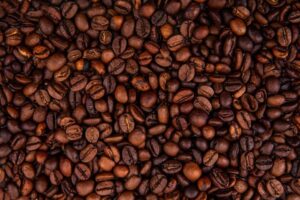
Coffee is the quintessential beverage that gets those who find mornings difficult to get up on their feet. The stimulating effect of coffee is well
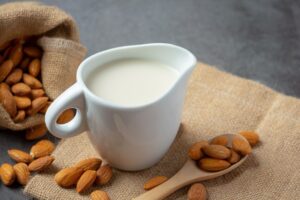
Do you like to drink coffee with milk? Cow’s milk doesn’t agree with you, does it? Then you’re sure to drink your coffee with vegetable

Milk is one of the ingredients that is totally dispensable for the most purist coffee drinkers, since they consider that it adulterates the flavor and

For many people, coffee is all they need to start a day in the best way possible. Or at least to make their day less